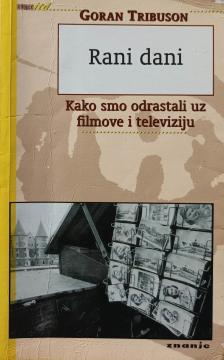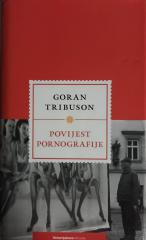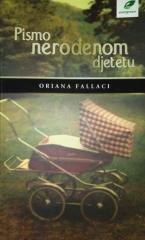
Rani dani - Kako smo odrastali uz filmove i televiziju
In his autobiographical prose, Early Days (1997), Goran Tribuson evokes childhood and early adulthood in Bjelovar through the prism of film and television. An extraordinarily humorous story about ordinary life in the 1960s.
The book, divided into four thematic parts, is not only a nostalgic look at the pop culture of socialist Yugoslavia, but also an intimate confession about family, friends and social changes after the war.
The first part, The Smell of Lysol, takes us to the Gorica and Partizan cinemas: squeaky seats, the smell of disinfectant, posters of Westerns with John Wayne (Gone with the Wind) and Gary Cooper, fencing films, Tarzan and Italian spectacles with Steve Reeves as Hercules. Mother Nevenka and grandmother Milica guide little Goran, who quickly recognizes genres and fantasizes about adventures, while later he ventures into film journalism, visiting Zagreb and Dubrava film, building his own slide projector. In the sixties he switches to the avant-garde of Godard, and with video cinema becomes a rarity.
The second part, Salty Seeds, celebrates gourmet rituals: a floor full of salted pumpkin seeds, roasted chestnuts, halva, ice cream, candy and chewing gum, with beer or Cockta – symbols of social bonding in the darkness of the hall, where films merge with boyish excitement.
The third, Pig's Ear, follows the family's television history: father Milan, a repairman, buys the first "Favorit" in 1959, the first on the street, attracting neighbors to the library. The program is politicized – partisan films, reruns, boring cabarets – but it also features series such as Gradić Peyton and Danger is My Business. Breakdowns, repairs and watching without a remote become family rituals; the author writes scripts for children's shows.
The fourth, My Cynic Friend, reflects on the role of TV: from useful for reading and global channels to paradoxes (sports as health, but sedentary life), and even a cure for insomnia. Tribuson apologizes for the personal details—his mother's death in 1986, his father's in 1997, his sister's life—but highlights how media shapes a generation: from cinematic myths to domestic intimacy.
With humor and sentimentality, the book is a time capsule for those who grew up with "blooming roses" on the screen, criticizing and celebrating how film and TV have replaced the real world with adventure and illusion.
One copy is available





